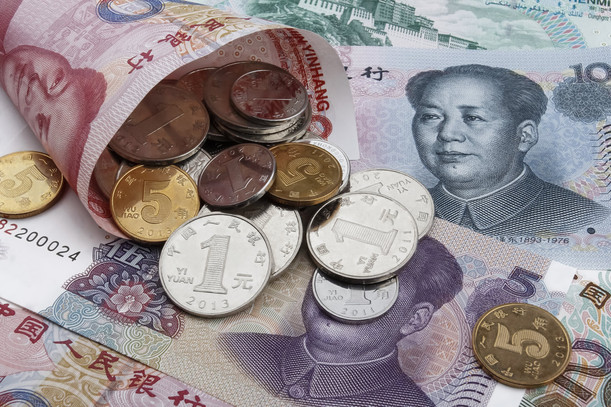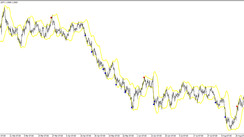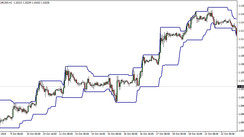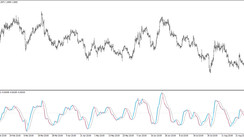Yuan comes from the old Chinese word for dollar. But it doesn't refer to the US greenback, but rather the Spanish silver dollar, used by traders during the hights of the Spanish empire. Chinese merchants used the coin for several centuries. The value of each coin represented 8 Spanish reals (once the Spaniard changed its currency) or a dollar. Meaning the yuan has always been associated with valuation throughout the ages.
Chinese Yuan vs Renminbi
In everyday speech, the yuan has other names too. One of those names is renminbi. To clarify, yuan and renminbi are perfectly reasonable ways to refer to Chinese money.
Once the Communist People's Republic of China was founded, the renminbi was created. The world renminbi means, "the people's currency." And it has remained the official name of their money as a whole ever since.
Yuan, on the other hand, is a unit of measurement for the renminbi. For example, a bag of rice may cost 10 yuan. But it may never cost 10 renminbi. If this sounds confusing, the difference between both is relatable to the British Sterling. The Pound Sterling is the name of the currency used around the UK. However, the price of things is measured in pounds, not sterlings.
Likewise, when checking the forex market, the Chinese currency must be read as Yuan and not Renminbi. Just like the Sterling is read as Pounds when checking the USD/GBP pair.
US and China's relations and its impact on Forex
The relationship between the two countries shows to have some consequences in the USD/CNY pair valuation. After all, China's currency control happens in large part thanks to the purchase of US Bonds. That's a big reason as to why China is the biggest holder of US debt. But, that is not the only thing that affects the USD/CNY pair.
The trade talks between the two countries have negatively affected the pair, but there has been some optimism as of late. The Trump administration has eased its stance on Huawei, China's biggest telecom. That has generated confidence among investors and traders that a deal will be reached at some point. However, it is to be seen if or when the US and China will reach an agreement or if more conflict lies in the horizon.
Is it a good idea to trade the USD/CNY?
Currently, it looks better to keep investing in the greenback and other safer pairs. However, the deep bond between the dollar and the renminbi means there is a case to be made for the Chinese currency. The current growth in China has slowed down to the point where there are some concerns on whether or not the nation will go back to the where it was a couple of years ago. Moreover, the uncertainty of a trade deal with the US implies that China's most significant buyer might not be willing to be a partner for much longer.
On the other hand, China is looking to expand beyond the US. The commercial agreements with India, Venezuela, and other 3rd world nations, means that there will be new buyers waiting to enjoy the perks of trading with the dragon from the east.
Overall, the USD/CNY may be a short-term hold, but a long-term buy.





